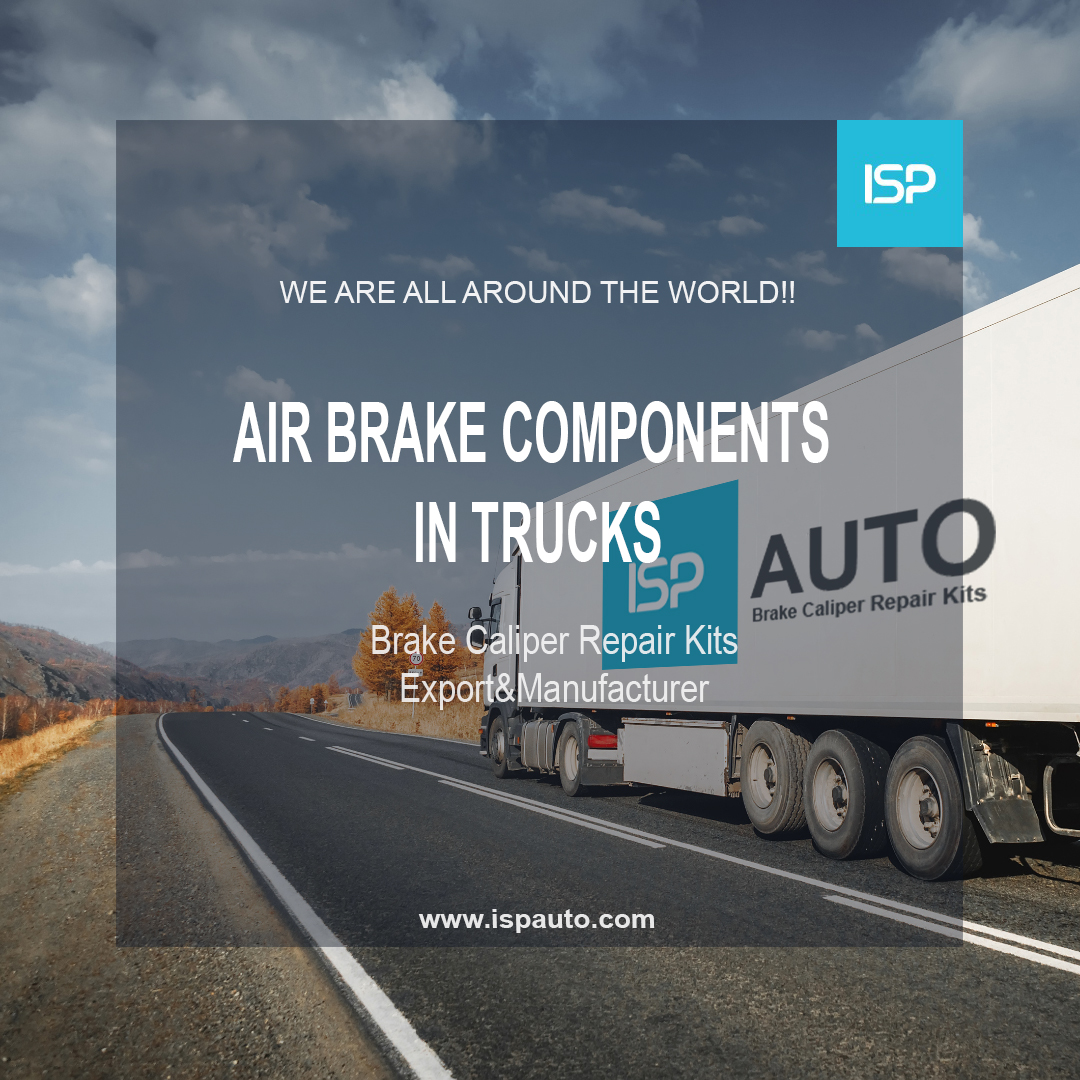
Have you ever wondered why trucks and buses make those funny squeaks and whistles? The high-pitched sound is the air getting away after braking and the sound is the automatic bypass safety valve in operation, ensuring that the air pressure is kept at the correct level.
Since one of the main advantages of
air brake systems is their ability to use air to function, the compressor is constantly on and off to fill the reservoirs with pressurized air. When the compressor produces too much air, the valves open and then that loud hiss is heard.
ISP Auto suggests some steps you need to take before hitting the road:
Make sure the minimum operating pressure for a vehicle's
air brake systems is not less than 85 psi (pounds per square inch) for a bus and 100 psi for a truck.
Check that it takes no more than two minutes for the air pressure to rise from 85 psi to 100 psi at 600 to 900 rpm. (This is called the rate of air pressure build-up.)
Confirm that the correct cut-off regulator pressure for the air compressor is between 120 psi and 135 psi. Shear pressure is 20 psi to 25 psi below shear pressure.
You may watch out the amount of water in the air brake system, a by-product of condensed air. Air brake lines should be protected from water, especially in cold climates where ice can block air from reaching the brake mechanism and cause the wheel to lock up. To prevent this problem, many of the modern systems have automatic drain valves installed in each air tank.
Air couplers can also be a problem. Worn rubber gaskets cause air to escape. While the compressor can overcome a small leak, too hard running the compressors can lead to failure.
Again, as we have learned, air loss is not necessarily a bad thing, but it means that you are stuck. For truckers, getting stranded in the middle of a mountain pass is probably not on the itinerary.
Brake sensitivity, another by-product of air brakes, can lead to accidents, especially for inexperienced drivers. Air brake systems are designed to work on vehicles carrying heavy loads. Ever wonder where all those double skid marks on the freeway come from?
It is a product of light or empty trailers that block their rear wheels. Probably the worst fear for a trucker is cutting on all fours. It's never good when the rear of the trailer is dragging the length of the cab. Trucks traveling in rain and snow can easily cut the jack if too much brake is applied.
Dual system is used in modern vehicles with air brakes. In essence, these equipped vehicles have two systems in case one of them fails. Antilock brakes can now be found on tractor and trailer platforms and work much like the ABS systems found in passenger cars. Air brakes are efficient and reliable. Air brake systems take up too much space and attention to be considered and need to get regular maintenance by replacament of air brake caliper kits.
See the next content...
Clean Truck Market